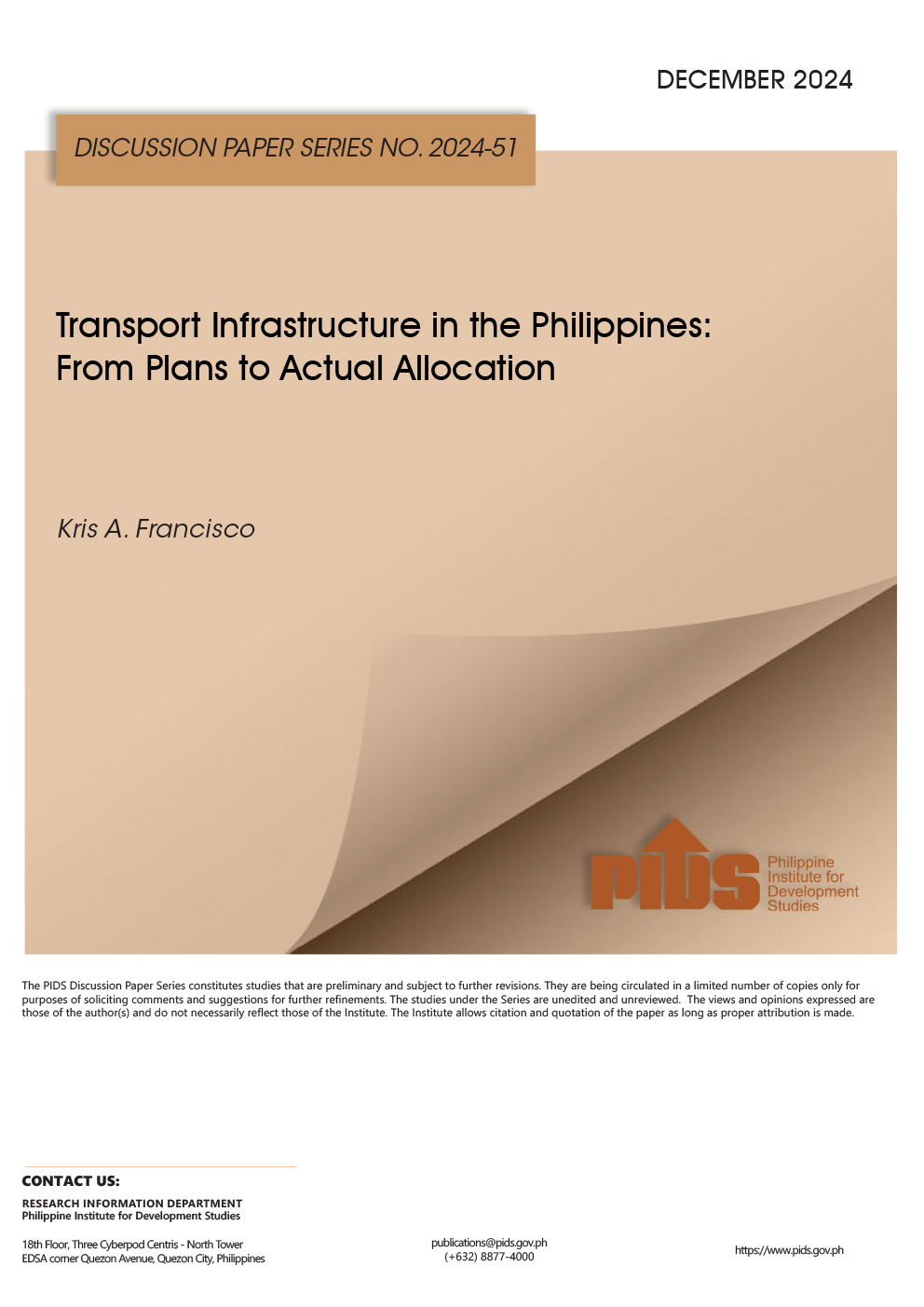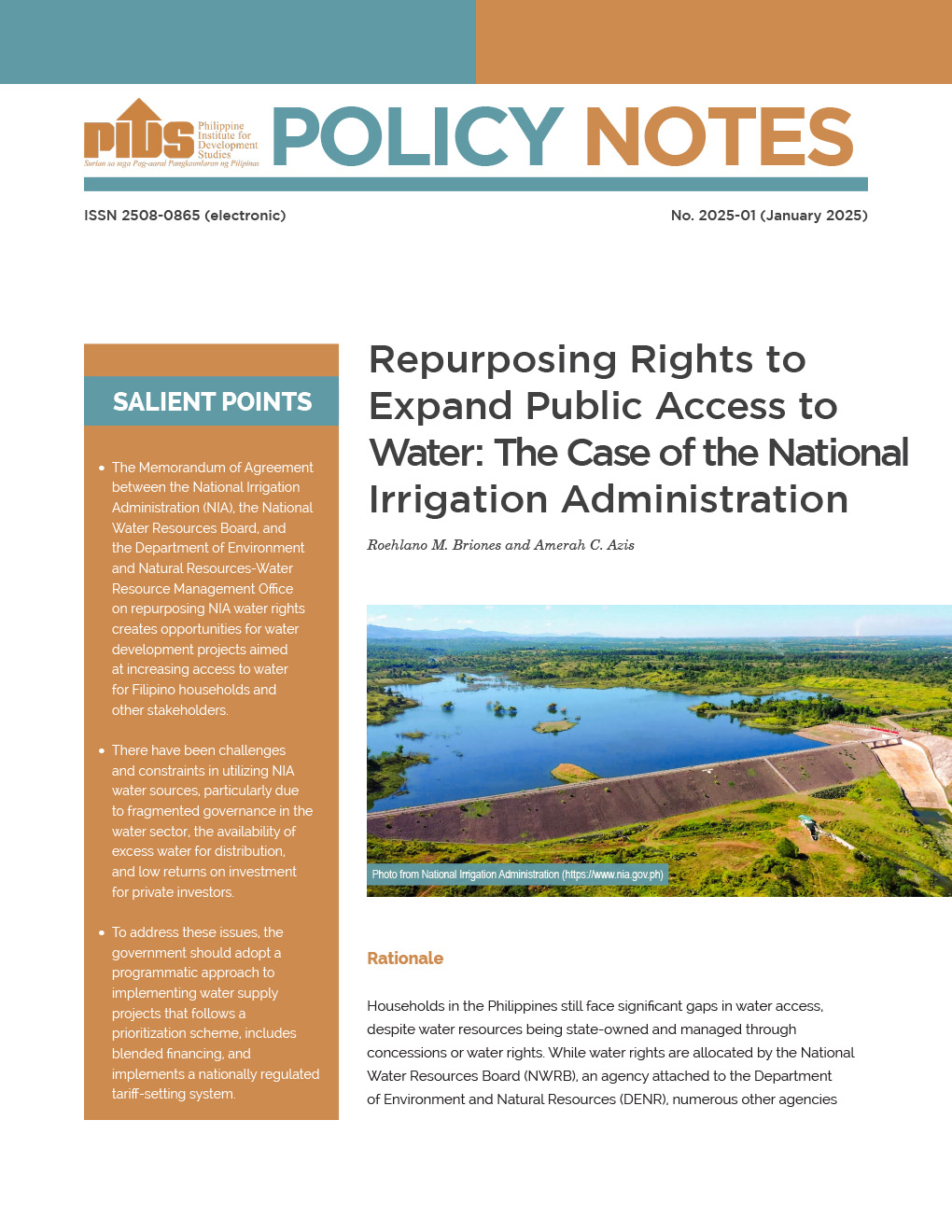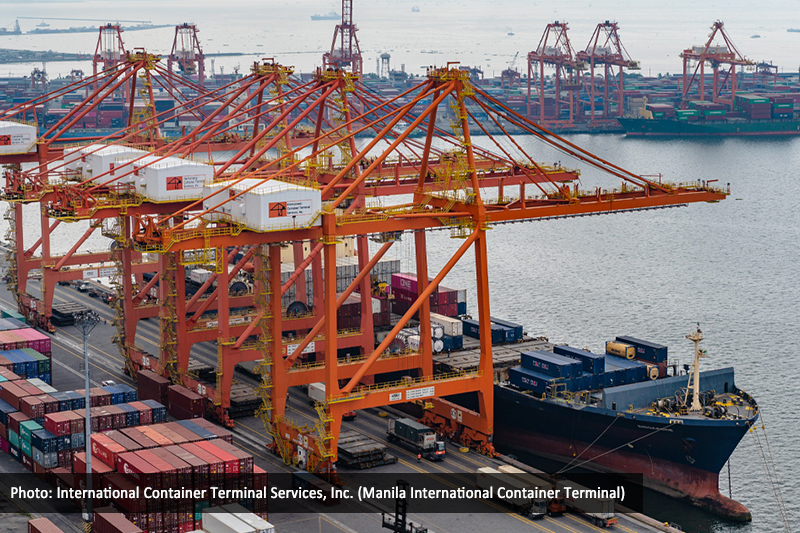President Ferdinand “Bongbong” Marcos Jr. has picked Raphael Lotilla as his Energy Secretary, Malacañang announced on Monday.
“The President has designated a new Energy Secretary, Raphael Perpetuo Lotilla. He was Secretary of Energy under Gloria Macapagal Arroyo, from 2005 to 2007,” Press Secretary Trixie Cruz Angeles said.
Prior to his stint at the Department of Energy (DoE), he served as the President of the Power Sector Assets and Liabilities Management Corporation (PSALM).
The DoE said PSALM is the “government corporation tasked to manage the privatization of generation assets, Investment Priorities Plan contracts and other non-power assets, including the management of financial obligations and stranded contract costs of the state-owned National Power Corporation.”
The new energy chief also served as deputy director-general of the National Economic Development Authority (NEDA).
He worked as the supervising official of the secretariat of the Legislative-Executive Development Advisory Council (LEDAC), the advisory and consultative body to the President and the Congress.
Lotilla, who succeeds Energy Secretary Alfonso Cusi, is a law professor in the University of the Philippines where he graduated with his Bachelor of Laws.
A native of Antique province, he obtained his Masters of Laws from the University of Michigan Law School in Ann Arbor, Michigan, USA.
The utilization of renewable energy is one of the top priorities of the Marcos administration.
His appointment came at a time the country is reeling from unabated rise in the price of oil.
On Monday, Deputy Speaker Mikee Romero pushed for the revival of the Oil Price Stabilization Fund (OPSF) which the late President Ferdinand Marcos created in 1984 and discontinued in 1996.
“We should revive the OPSF or establish a similar buffer fund, which the government could use to avoid frequent adjustments in the pump prices of oil products due to fluctuations in the cost of crude oil in the world market and in the peso-dollar exchange rate,” the lawmaker said.
Romero, an economist, said prices would remain “volatile and elevated” because of the Russia-Ukraine war and the effects of the Covid-19 pandemic.
He stressed the need for a buffer fund to absorb price spikes and fluctuations. Diesel costs are expected to drop by at least P5 per liter this week after rising by more than P6 last week.
The solon said that certain price increases will be accounted for by the buffer mechanism preventing them from being passed on to the people.
Romero proposed that the fund be sourced from excise taxes imposed on diesel, gasoline, cooking gas, and other oil products under the Tax Reform for Acceleration and Inclusion (TRAIN) Law.
“Since the government is not agreeable to the suggested suspension of excise taxes while the cost of crude is above $80 per barrel, we could use part of these impositions as a price stabilization fund to provide relief to the public from increased fuel and consumer prices,” he said.
Under the decree, the OPSF was sourced from fuel taxes and was used “to reimburse the oil companies for cost increases on crude oil and imported petroleum products resulting from exchange rate adjustment and/or increase in world market prices of crude oil.”
The OPSF was administered by the then ministry (now a department) of energy which the former President subsequently authorized to invest in fixed-income instruments with the earnings accruing to the stabilization fund.
Previously, the government-run research agency Philippine Institute for Development Studies (PIDS) warned the Marcos administration not to resist the temptation of the revival of OPSF because it is not an efficient way to control the skyrocketing price of gasoline.












